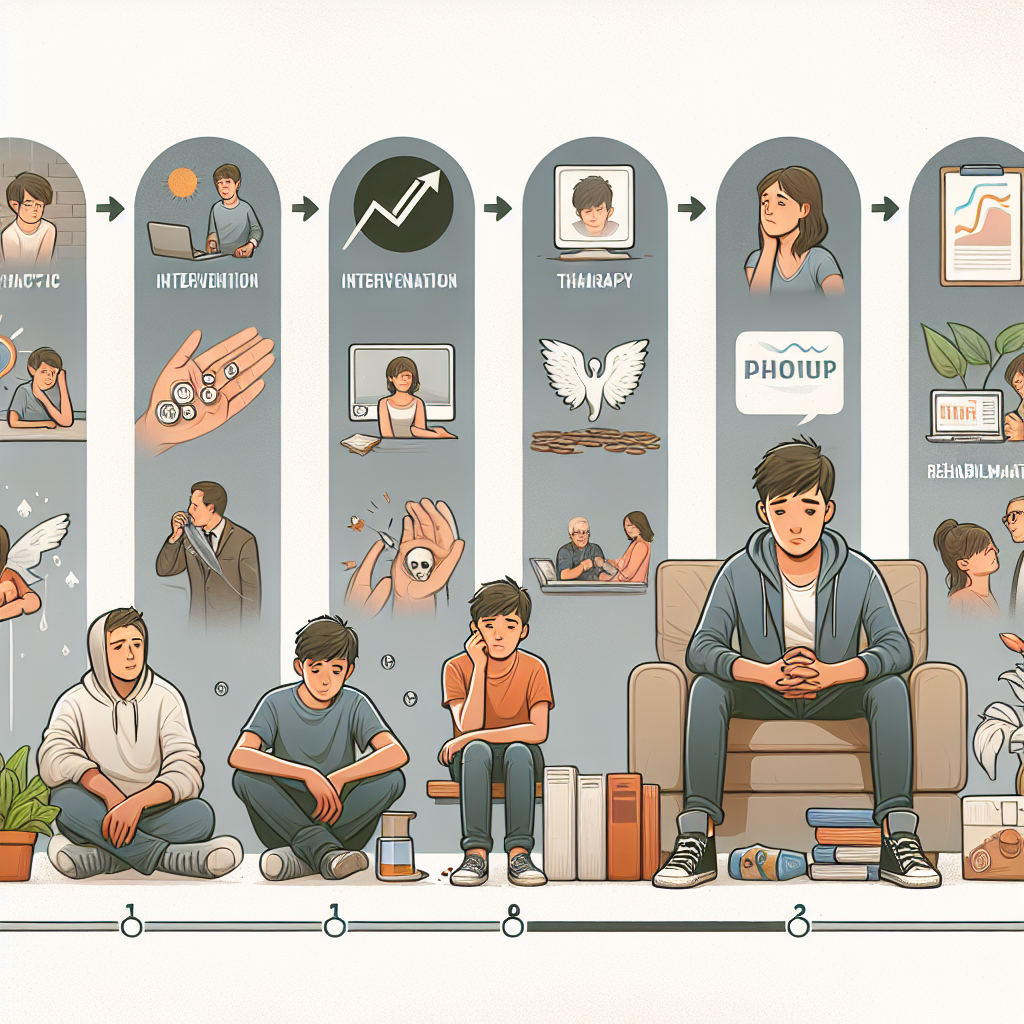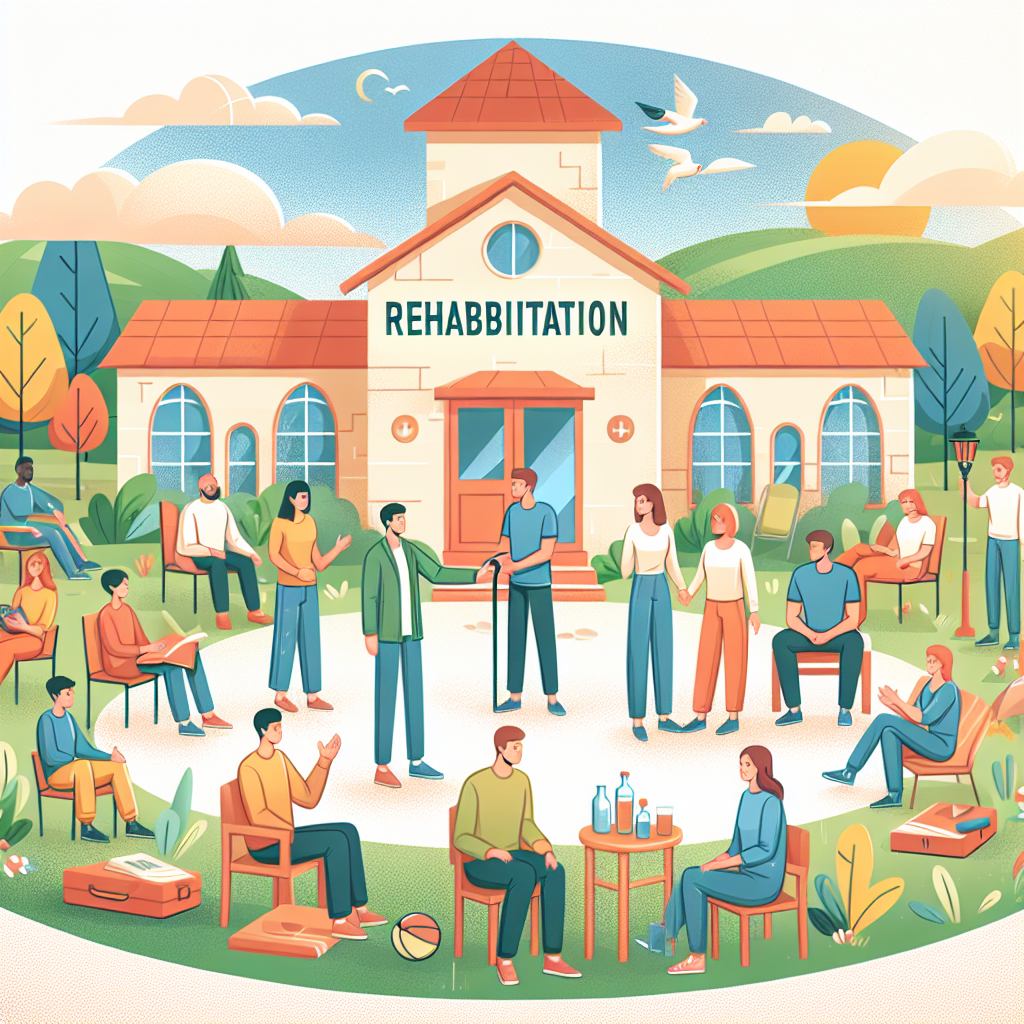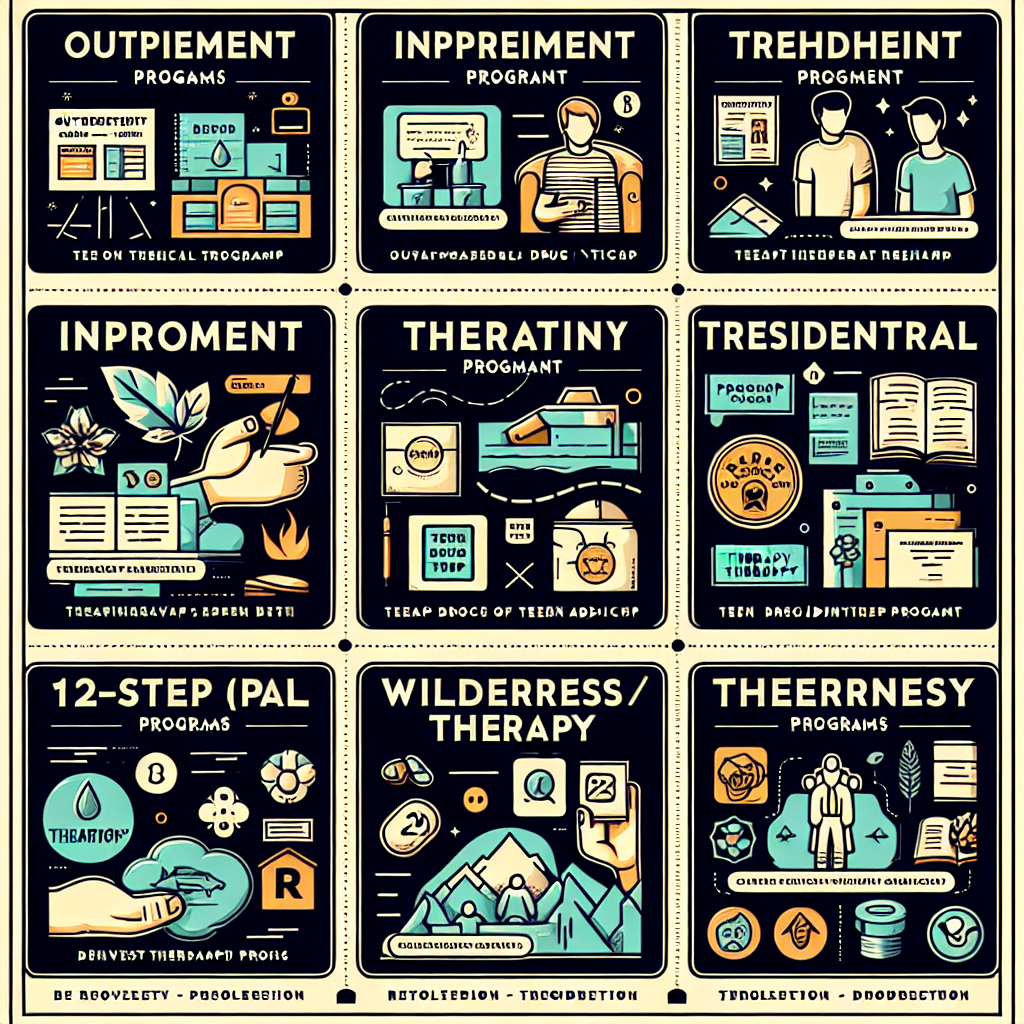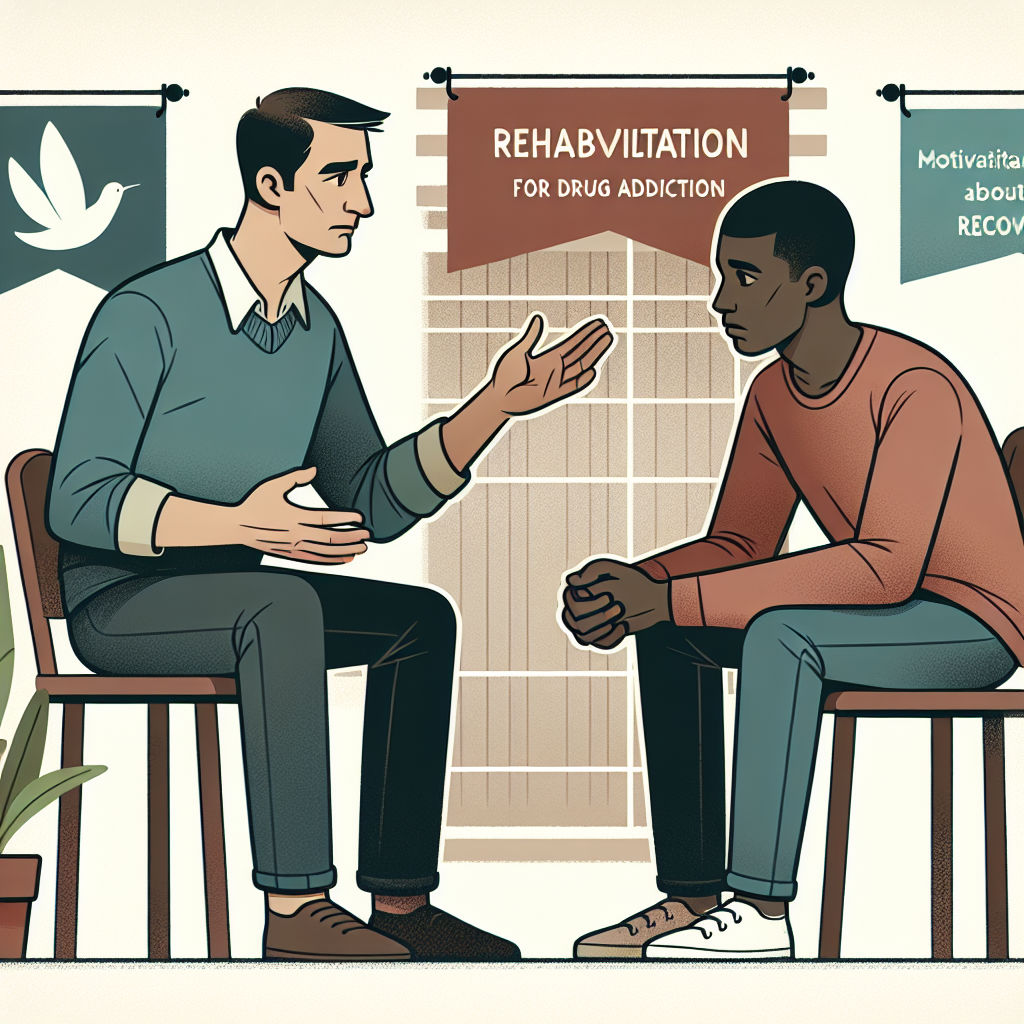-
Table of Contents

“Early Intervention and Rehab: Paving the Path to a Brighter Future for Teens Battling Addiction.”
Introduction
Early intervention and rehabilitation are crucial for teen addiction because they address the problem at a formative stage, preventing the escalation of substance abuse and its associated consequences. Adolescence is a critical period for brain development, and substance abuse can significantly disrupt this process, leading to long-term cognitive and emotional impairments. Early intervention helps identify and address the underlying issues contributing to addiction, such as mental health disorders, trauma, or environmental factors, thereby reducing the risk of chronic addiction and promoting healthier coping mechanisms. Rehabilitation provides structured support and therapy, enabling teens to develop resilience, life skills, and a strong support network, which are essential for sustained recovery and overall well-being. By tackling addiction early, we can mitigate its impact on a teen’s education, relationships, and future opportunities, fostering a healthier transition into adulthood.
The Importance Of Early Intervention In Preventing Long-Term Teen Addiction
Teen addiction is a growing concern that affects not only the individuals involved but also their families and communities. The importance of early intervention in preventing long-term addiction cannot be overstated. When teens are exposed to substances such as drugs or alcohol, they are at a critical stage of brain development, making them more susceptible to addiction. Early intervention and rehabilitation can play a pivotal role in steering them away from a path that could lead to lifelong struggles.
One of the primary reasons early intervention is so crucial is that the adolescent brain is still developing. During the teenage years, the brain undergoes significant changes, particularly in areas responsible for decision-making, impulse control, and emotional regulation. Substance abuse can interfere with this development, leading to impaired cognitive functions and an increased likelihood of developing addiction. By intervening early, we can help teens avoid these detrimental effects and support their healthy brain development.
Moreover, early intervention provides an opportunity to address the underlying issues that may contribute to substance abuse. Many teens turn to drugs or alcohol as a way to cope with stress, trauma, or mental health issues. By identifying and addressing these root causes, we can help teens develop healthier coping mechanisms and reduce their reliance on substances. This holistic approach not only prevents addiction but also promotes overall well-being.
Transitioning from the importance of early intervention, it is equally vital to discuss the role of rehabilitation in this process. Rehabilitation programs tailored to teens can offer a supportive environment where they can learn about the dangers of substance abuse and develop the skills needed to maintain sobriety. These programs often include counseling, education, and peer support, which are essential components in helping teens understand their addiction and build a foundation for recovery.
Furthermore, rehabilitation provides a structured setting where teens can focus on their recovery without the distractions and temptations of their everyday environment. This separation from negative influences allows them to concentrate on their treatment and make meaningful progress. Additionally, rehab programs often involve family therapy, which can help repair relationships and create a supportive home environment that fosters long-term recovery.
It is also important to recognize that early intervention and rehab can significantly reduce the stigma associated with addiction. When teens receive the help they need early on, it sends a powerful message that addiction is a treatable condition, not a moral failing. This shift in perception can encourage more teens to seek help and reduce the shame and isolation that often accompany addiction.
In conclusion, early intervention and rehabilitation are crucial in preventing long-term teen addiction. By addressing substance abuse at its onset and providing comprehensive support, we can help teens navigate this challenging period and set them on a path to a healthier future. The benefits of early intervention extend beyond the individual, positively impacting families and communities as a whole. As we continue to raise awareness about the importance of early intervention, we can inspire hope and create a brighter future for our youth.
How Rehabilitation Programs Can Transform The Lives Of Teens Struggling With Addiction
Teen addiction is a growing concern that affects not only the individuals involved but also their families and communities. The importance of early intervention and rehabilitation cannot be overstated, as these measures can significantly alter the trajectory of a young person’s life. Rehabilitation programs, in particular, have the potential to transform the lives of teens struggling with addiction, offering them a chance to reclaim their futures and build healthier, more fulfilling lives.
One of the primary reasons early intervention is so crucial is that the adolescent brain is still developing. During this critical period, teens are more susceptible to the harmful effects of substance abuse, which can impair cognitive functions, emotional regulation, and decision-making abilities. By addressing addiction early, rehabilitation programs can mitigate these adverse effects and promote healthier brain development. This proactive approach not only helps in curbing the immediate dangers of substance abuse but also reduces the likelihood of long-term dependency.
Moreover, rehabilitation programs provide a structured environment where teens can receive comprehensive care tailored to their specific needs. These programs often include a combination of medical treatment, psychological counseling, and educational support, all designed to address the multifaceted nature of addiction. For instance, medical treatment can help manage withdrawal symptoms and reduce cravings, while psychological counseling can uncover underlying issues such as trauma or mental health disorders that may be contributing to the addiction. Educational support ensures that teens do not fall behind academically, helping them to reintegrate into their schools and communities more smoothly.
In addition to these practical benefits, rehabilitation programs offer a sense of community and belonging, which is often lacking in the lives of teens struggling with addiction. Many young people turn to substances as a way to cope with feelings of isolation, loneliness, or inadequacy. In a rehab setting, they can connect with peers who are facing similar challenges, fostering a sense of solidarity and mutual support. This communal aspect can be incredibly empowering, helping teens to build self-esteem and develop healthier coping mechanisms.
Furthermore, rehabilitation programs emphasize the importance of life skills and personal development. Teens are taught essential skills such as effective communication, stress management, and goal setting, which are crucial for maintaining long-term sobriety. These programs also encourage teens to explore their interests and talents, whether through sports, arts, or other extracurricular activities. By discovering new passions and strengths, teens can find alternative sources of fulfillment and joy, reducing their reliance on substances.
The impact of rehabilitation extends beyond the individual, positively affecting families and communities as well. Families often experience significant stress and disruption when a teen is struggling with addiction. Rehabilitation programs offer family counseling and support, helping to mend relationships and rebuild trust. This holistic approach ensures that the entire family unit is strengthened, creating a more stable and supportive environment for the teen’s recovery.
Communities also benefit when teens overcome addiction. Reduced rates of substance abuse lead to lower incidences of crime, improved public health, and increased educational attainment. As these young individuals reintegrate into society as productive, healthy members, they contribute positively to the community’s overall well-being.
In conclusion, early intervention and rehabilitation are vital in addressing teen addiction. By providing comprehensive care, fostering a sense of community, and promoting personal development, rehabilitation programs can transform the lives of teens struggling with addiction. These programs not only help young people overcome their immediate challenges but also equip them with the tools and support they need to build brighter, healthier futures.
Q&A
1. **Why is early intervention crucial for teen addiction?**
Early intervention is crucial for teen addiction because it can prevent the progression of substance abuse, reduce the risk of developing long-term health issues, and improve the chances of successful recovery by addressing the problem before it becomes deeply ingrained.
2. **How does rehab benefit teens struggling with addiction?**
Rehab benefits teens struggling with addiction by providing a structured environment for detoxification, offering therapy and counseling to address underlying issues, teaching coping mechanisms, and helping to rebuild relationships and life skills necessary for a healthy, substance-free life.
Conclusion
Early intervention and rehabilitation are crucial for teen addiction because they address the problem at a formative stage, preventing the escalation of substance abuse and its associated risks. Early intervention can halt the progression of addiction, reducing the likelihood of long-term physical, psychological, and social consequences. Rehabilitation provides teens with the necessary tools and support to overcome addiction, promoting healthier coping mechanisms and improving their chances of leading productive, fulfilling lives. By tackling addiction early, we can mitigate its impact on a teen’s development, education, and future opportunities, ultimately fostering a healthier society.



